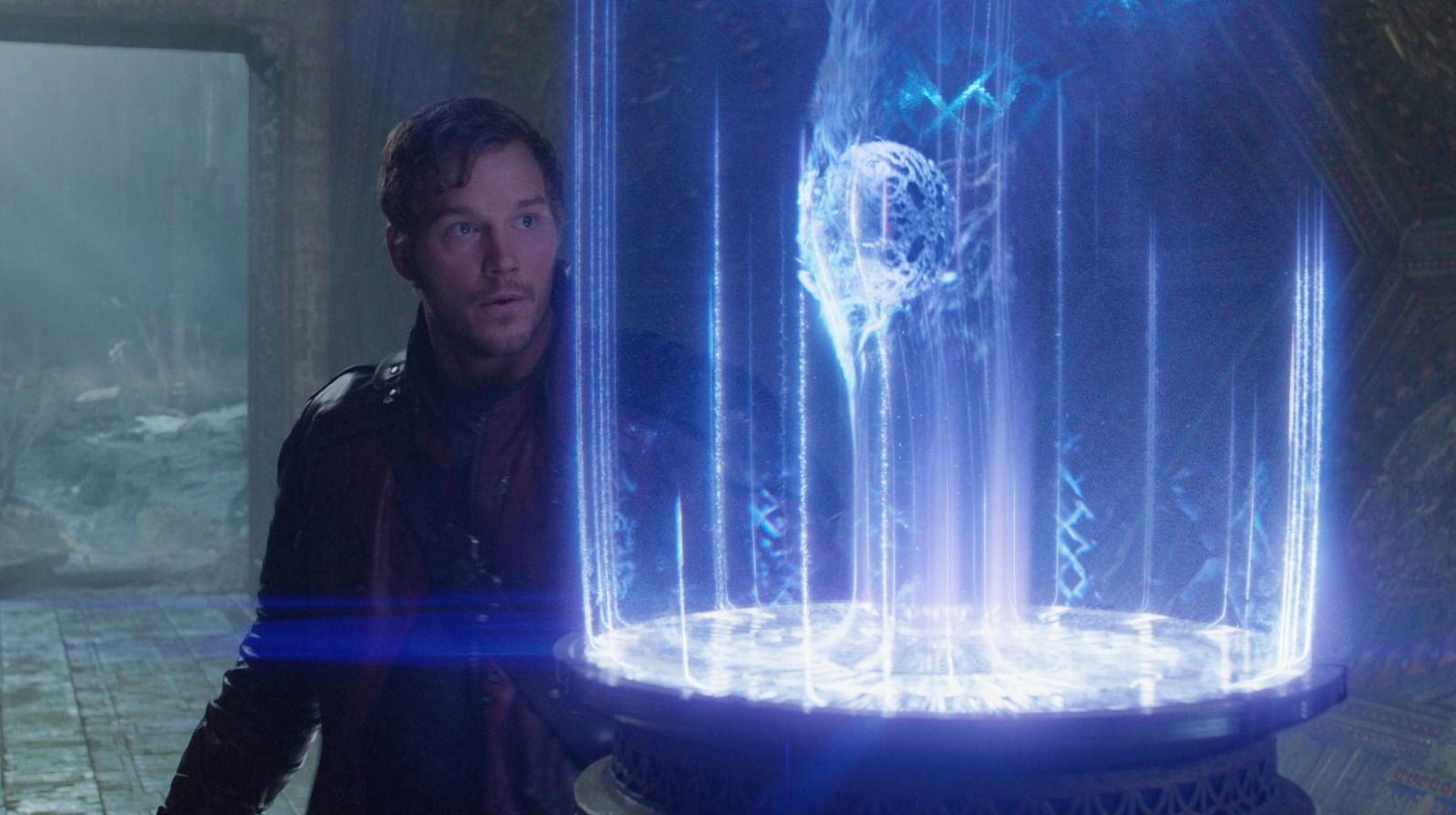In its earliest form, a MacGuffin was a “thing” (be it an object, object, organization, etc.) that served to motivate characters in a story, but also that was otherwise irrelevant to the current plot and usually left intentionally. wave. Writer Angus MacPhail, who often worked with director Alfred Hitchcock, was credited with coining the term by filmmaker Ivor Montagu (another frequent Hitchcock collaborator). In the words of the latter:
“It was Angus [MacPhail] who coined the term “MacGuffin” for the unknown plot goal that you didn’t need to choose until the story planning was complete. (That convenient word, Hitch, happily adopted it and used it until the end of his career.)”
Indeed, Hitchcock thrillers are notorious (pun intended) for using MacGuffins to drive their stories, whether it’s the titular spy agency in “The 39 Steps,” the mysterious tune from “The Lady Vanishes” or, again, from the microfilm in “From the North to the Northwest.” You could even say that Lars Thorwald’s mistress in “Rear Window” is referred to as MacGuffin. After all, like the items listed here, she herself isn’t important to the film’s story beyond Thorwald’s motivation for murdering his wife. (Not to mention that the movie only offers a brief glimpse of her from a distance.)
The Falcon in “The Maltese Falcon” works along the same lines. The details the film provides about it matter only insofar as they establish that the Falcon is a priceless historical artifact and as such something that the film’s many disreputable characters would love to put the spotlight on. hand on. Beyond that, however, none of this information has any real impact on the film’s story, nor has any particular thematic relevance.

